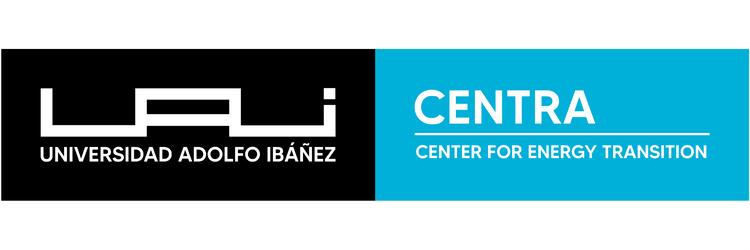CENTRA UAI and OECD hold seminar to assess the transition to the circular economy
December 28, 2022
“The Economic Aspects of Transitioning to a Circular Economy” was the focus of a seminar held by the UAI Energy Transition Center (CENTRA) in collaboration with the Organization for Economic Cooperation and Development (OECD). The event aimed to evaluate and propose efforts by various countries, including Chile, to transition toward a production model emphasizing reuse, repair, renewal, and recycling of existing materials and products.
The seminar was moderated by UAI Engineering academic and CENTRA researcher Raul O’Ryan, who welcomed the panelists and introduced Rob Dellink, a representative from the OECD Environment Directorate. Dellink presented a “global and regional outlook on material use for the coming decades” with projections to 2060.
Global Material Use and the Need for Circularity
Dellink emphasized the urgent need to shift toward a circular economy, highlighting how countries that initiated this transition earlier will significantly expand their production models under this framework by 2060, particularly in areas like metals, biomass, non-metallic minerals, and fossil materials.
He noted that global plastic production saw a sharp increase from 1980 to 2020, reaching 460 million metric tons in 2010. By 2060, this figure is projected to triple. Dellink warned, “Environmental problems are worsening over time, and urgent action is needed.”
Panel Discussion: Policies for Circular Economy Transition
A panel discussion on ambitious policies to foster a circular and resource-efficient economy followed, moderated by Carlos De Miguel from the United Nations Economic Commission for Latin America and the Caribbean (ECLAC).
- Tomás Saieg Páez, representing Chile’s Ministry of Environment, presented the country’s roadmap toward a “Circular Chile” by 2040.
- Peter Borkey, from the OECD Environment Directorate, discussed the organization’s work on policies for transitioning to a circular economy.
- Raul O’Ryan from CENTRA addressed the impact of transitioning to green copper in Chile.
- María Madrid, a representative from the European Commission, provided insights into the European Union’s perspective on transitioning to a circular economy.
Closing Debate and Conclusions
The seminar concluded with a debate among the participants, underscoring the importance of collaborative and global efforts to ensure a successful transition to a circular economy. Discussions highlighted the need for bold policies and actions to mitigate environmental challenges and promote sustainable production and resource use.
Read the full article on UAI.
